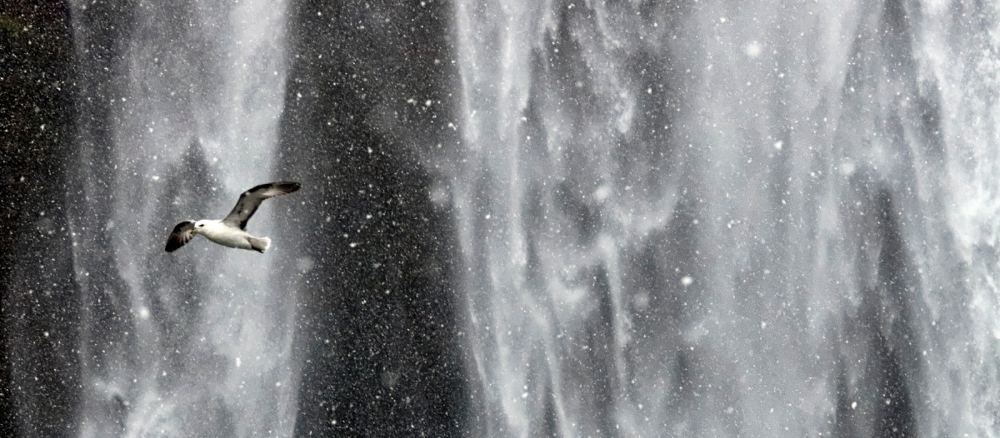
Year-end celebrations are an opportunity to act together on social, economic and ecological issues. At our level, we can carry out simple and effective actions to make a change of culture happen.
By choosing to buy locally, moderately and responsibly, [see previous blog], but also by avoiding the consumption of animal products produced industrially which, aside from obvious ethical considerations, is a disaster for the environment and our health, and increases global poverty.
According to an organization called L214, the production of foie gras in France requires the killing of 45 million ducks and geese every year and relies on a force-feeding process considered cruel by the international community and prohibited in most European countries In the United States alone, 46 million turkeys are slaughtered annually.
Every year we kill 60 billion terrestrial animals and 1,000 billion aquatic animals. These figures are beyond imagination and pose a serious problem to the coherence of our ethics.
The time has come to move toward more altruism and cooperation, toward an economy of solidarity, toward less inequality, and toward extending our benevolence to the other 8 million animal species that are our fellow citizens in this world.
You want protein? Well, you’ve got it: if we look at the protein content of the 100 most consumed foods in the world, the first meat – pork actually – comes only in 13th position, far behind tofu and even our good lentils, red beans and chickpeas.
Let’s not celebrate Christmas at the cost of the suffering and death of others. How about delicious dishes based on smoked tofu, seitan, beautiful grains and fresh vegetables!
Reducing the consumption of products from intensive animal farming is something we can all commit to right away, at our level to prevent sentient beings from suffering but also, according to the IPCC, to help remain below 2°C of global warming.
As Jane Goodall aptly puts it in her new book, The Book of Hope
: “The word hope is often misunderstood. We associate it with passivity, with a form of illusory complacency, : “I hope this thing will happen” we say, arms dangling. Such attitude is the opposite of true hope, which requires action and commitment. […] The cumulative effect of thousands of small ethical gestures can save our world, and even make it better for future generations. […] Hope is contagious. Your actions will inspire others.
You can learn more by joining the LIVE discussion between Matthieu Ricard and Jane Goodall on December 14 from 7 p.m. to 8 p.m UTC. Click here for more info.
- Ricard Matthieu. Altruism: the Power of Compassion to Change Yourself and the World
. Little, Brown and Company, 2015. - Ricard, Matthieu.
A Plea for the Animals. Shambhala, 2016. - André Christophe, Kabat-Zinn Jon, Kostou Ilios, Lesire Caroline, Rabhi Pierre, Ricard Matthieu. Se changer, changer le monde: Des solutions concrètes pour mieux vivre ensemble
, J’ai lu, 2015. [in French only] - Ricard Matthieu, Singer Tania. Power and Care: Toward Balance for Our Common Future. MIT Press, 2019.
- Alvarez Cécile, André Christophe, Gueguen Catherine, Kotsou Ilios, Lenoir Frédéric, Lesire Caroline, Lopez Frédéric, Ricard Matthieu. Transmettre
, L’Iconoclaste, 2019. [in French only] - Ricard Matthieu. Carnet d’un moine errant
, Allary Édition Illustrée, 2021. [in translation]